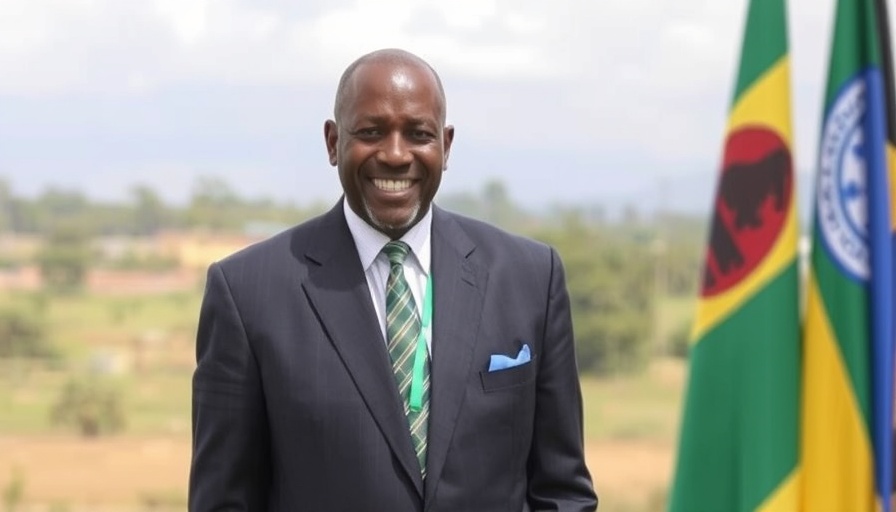
Tanzania's Bid for WHO Africa Leadership
Tanzania is rallying behind Prof. Mohamed Janabi in its pursuit to fill the recently vacated position of World Health Organization (WHO) Regional Director for Africa, following the untimely death of previous nominee Dr. Faustine Ndugulile. This tragedy not only disrupted a historic victory for Tanzania but also left a significant gap in leadership for a role that is pivotal in shaping health policy across the continent.
A Symbol of Change in Health Leadership
Ndugulile's selection last August was seen as a considerable achievement for Tanzania and the East African Community (EAC), marking a significant representation for the region. In the wake of his passing, Prof. Janabi emerges as a credible candidate with a strong background in cardiology and public health. As the executive director of Muhimbili National Hospital and a public health advocate, Janabi's credentials suggest a promising continuation of the visionary leadership the region requires.
Janabi's Vision for Africa's Health Future
In a recent interview, Prof. Janabi articulated his aspirations for the role, emphasizing the need for innovative health financing models and public-private partnerships. His plan involves leveraging multiple funding mechanisms to better serve health initiatives across Africa. By framing his approach around transformative collaborations, Janabi aims to not just respond to established issues but also anticipate future challenges facing the continent's health landscape.
International Support and Diplomatic Efforts
As Janabi faces competition from four other candidates hailing from French-speaking West African countries, Tanzania's diplomatic campaign grows increasingly vigorous. The foreign ministry's efforts include utilizing social media and embassies to garner international support. Partnerships and alliances are being sought to ensure Janabi doesn't just represent Tanzania, but embodies a broader African aspiration for better health governance.
The Stakes for Africa
This leadership transition at WHO carries wider implications for Africa's health policies. With the continent still grappling with numerous health challenges, including infectious diseases and inadequate healthcare access, the appointment of a visionary like Janabi could mark a turning point. This change could enhance collaborative approaches to public health, thereby embedding Africa more firmly in the global health dialogue.
 Add Row
Add Row  Add
Add 


 Add Row
Add Row  Add
Add 

Write A Comment